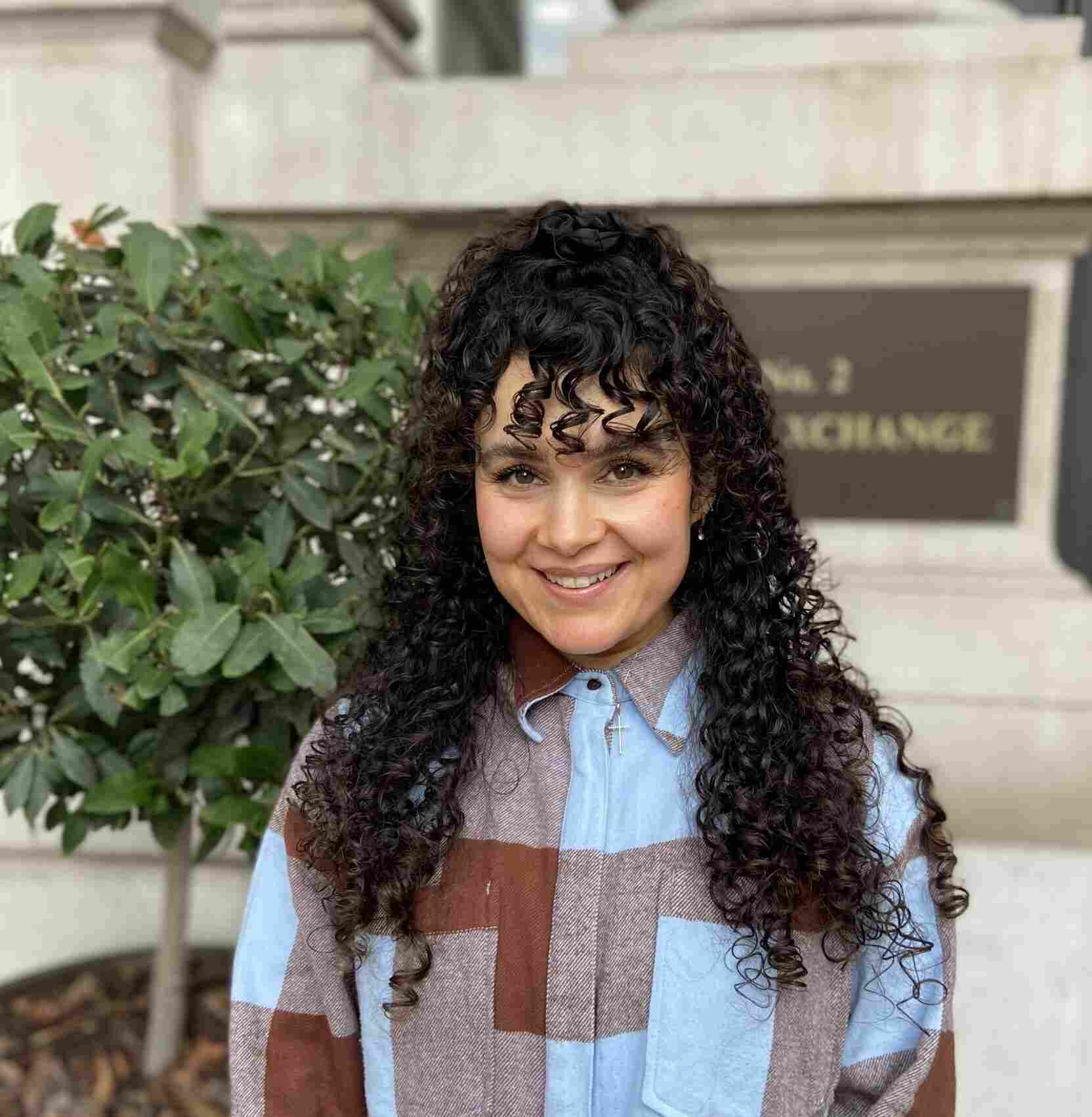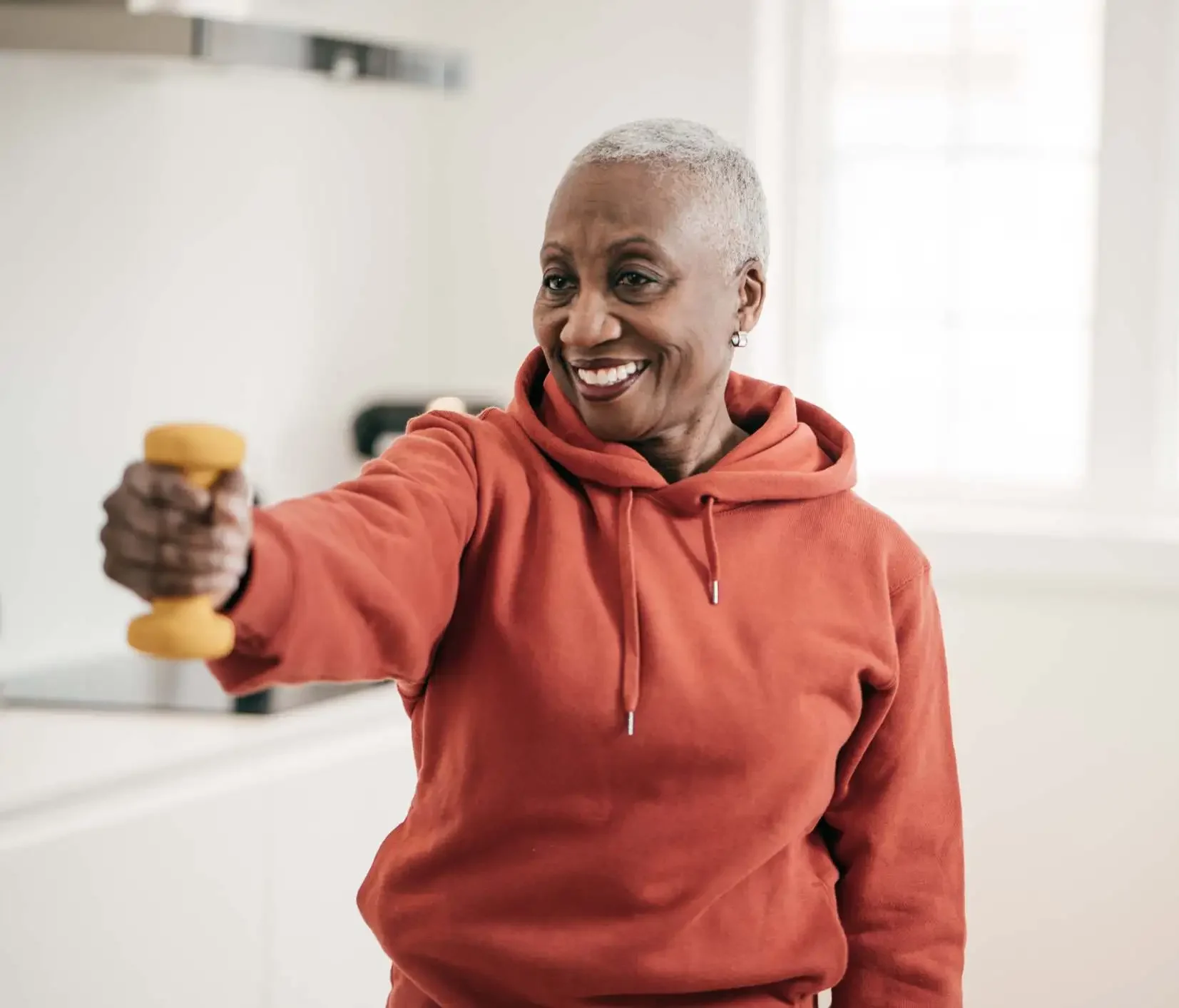Acquired Brain Injury (ABI) is an umbrella term for brain damage occurring after birth, distinct from congenital or genetic conditions. They are a consequence of various neurological conditions and injuries which make acquired brain injury a complex category. Each individual with ABI has a different experience of rehabilitation and management, there is no one-size-fits-all method. Understanding its diverse causes, wide-ranging symptoms, and available self-help strategies is crucial for those affected and their support networks.
Causes of acquired brain injury (ABI)
What Causes Acquired Brain Injury?
The spectrum of causes for ABI is extensive. It can be broadly categorised into:
A. Traumatic Brain Injuries (TBI) – result from external forces impacting the head, such as:
- Motor vehicle accidents: Collisions can cause significant head trauma.
- Falls: Especially common in young children and older adults.
- Explosions: Blast waves can inflict severe brain damage.
- Sports injuries: Concussions and more severe impacts during athletic activities.
- Blunt force trauma: Any direct blow to the head.
B. Non-Traumatic Brain Injuries – arise from internal medical events, including:
- Infections: Meningitis and encephalitis can inflame the brain.
- Haemorrhages: Bleeding within or around the brain.
- Strokes: Disruption of blood flow to the brain, causing damage.
- Neurological conditions: Progressive diseases like Alzheimer’s, Parkinson’s, Huntington’s, and multiple sclerosis can lead to brain injury over time.
- Exposure to toxic substances: Poisoning from alcohol, drugs, or other chemicals.
- Lack of oxygen (Hypoxia/Anoxia): Events like cardiac arrest, near-drowning, or suffocation.
- Brain tumours: Abnormal growths that can damage brain tissue.
- Complications from brain surgery: Although intended to help, some surgeries can result in unintended brain injury.
Symptoms of acquired brain injury (ABI)
Individuals may experience a loss of consciousness directly after a brain injury. While it may be distressing, it is normal not to remember part of your hospital stay. Typically, many people recover well from a brain injury, especially in the early stages along with plenty of rest. Nevertheless, ABI can cause symptoms that severely interfere with daily living and recovery. Thus, it is crucial for healthcare professionals to identify the personal impacts of acquired brain injury and create a tailored treatment plan.
Generally, ABI symptoms can be grouped into four main categories::
1. Physical effects
Many people have long-term physical effects which can often be addressed by rehabilitation, lifestyle adjustments and equipment. However, ABI can cause diverse physical symptoms, such as:
- Headaches and fatigue – persistent and often debilitating.
- Weakness or paralysis – affecting specific limbs or one side of the body.
- Ataxia, balance issues, dizziness – difficulty with coordination and stability.
- Sensory impairment – changes in vision, hearing, taste, smell, or touch.
- Speech impediment – difficulty speaking or understanding language.
- Hormonal imbalances – affecting various bodily functions.
- Sexual dysfunction – changes in libido or sexual function.
- Continence issues – problems with bladder or bowel control.
2. Cognitive effects
These are often not obvious and easily distinguished, which can make it rather difficult to recognise and apprehend.
- Mental capacity issues – reduced ability to process information.
- Challenges with attention and concentration – difficulty focusing and staying on task.
- Memory problems – difficulty remembering new information or past events.
- Issues with motivation – feeling a lack of drive or initiative.
- Difficulties with reasoning – impaired problem-solving and decision-making.
- Executive dysfunction – problems with planning, organisation, and managing time.
- Self-awareness issues – reduced insight into their own difficulties.
3. Emotional effects
They are not detectable, unless they show through a person’s behaviour. There are useful techniques to help with managing emotions, as well as aids and adaptations to help with other effects that may be triggering difficult emotions.
- Worry, anxiety and depression – common emotional responses to ABI.
- Sadness – feelings of loss and grief related to changes in their abilities.
- Anger and frustration – often stemming from difficulties and limitations.
- Stress – increased susceptibility to stress.
- PTSD (Post-Traumatic Stress Disorder) – can develop after traumatic brain injuries.
- Struggle with being empathetic – difficulty understanding or sharing the feelings of others.
- Feeling of loss – grief over the life they had before the injury.
4. Behavioural effects
Closely linked to emotional states, often a reflection of internal feelings, and can become difficult to control.
- Impulsiveness – Acting without thinking through consequences.
- Irritability – Increased tendency to become easily frustrated or annoyed.
- Aggression – Verbal or physical outbursts.
- Personality change – Noticeable shifts in temperament and behaviour.
- Post-traumatic amnesia – Confusion and memory loss following the injury.
- Disinhibition (for example making tactless remarks, using crude or abusive language) – Saying or doing things that are socially inappropriate.
- Perseveration – Repetitive behaviours or thoughts.
- Egocentricity – Difficulty understanding perspectives other than their own.
Self-help tips and strategies
It is important to pay attention to your doctor in terms of how fast to return back to normal activities, such as childcare and work. Tasks such as making decisions, planning, socialising, writing emails etc, can be as exhausting as other physical tasks. The period of rest after a brain injury should be followed with a steady and gradual return to your usual activities, which also helps your brain to heal.
Create a routine, keep your things organised by having a designated place for items like keys and phone. Make a ‘to do’ list and add it to your mobile phone calendar – set alarms and reminders. Focus on one thing at a time and break tasks down into smaller steps. Alternate between smaller and larger tasks and activities to avoid overexertion. Relax and rest when needed, get involved in calming activities. Avoid caffeine and screen time closer to bedtime to get a good quality sleep. Stay connected to family and friends and engage in plenty of enjoyable activities, stay active and exercise regularly.
Useful apps and websites
- Unmind app, Headspace app, Sleepio app, Daylight app
- Headway
- Stroke Association
- CUH Neuropsychology Department
How can Cavendish Homecare help?
At Cavendish Homecare, we deliver exceptional care in the familiar surroundings of your own home. We provide personalised private acquired brain injury home care tailored to individual needs in London and the Home Counties. To learn more about our care services and how we can assist with your needs, please reach out to our team at 020 3008 5210 or email us info@cavendishhomecare.com. We are here to discuss further and address any questions or concerns you may have.

About the Author…
Misha Zemkova
Operations Coordinator
Misha plays a key role in ensuring the smooth and efficient running of day-to-day operations across the business. With a background in supported living and a degree in Health and Social Care, she brings both experience and empathy to her role.
 Back
Back